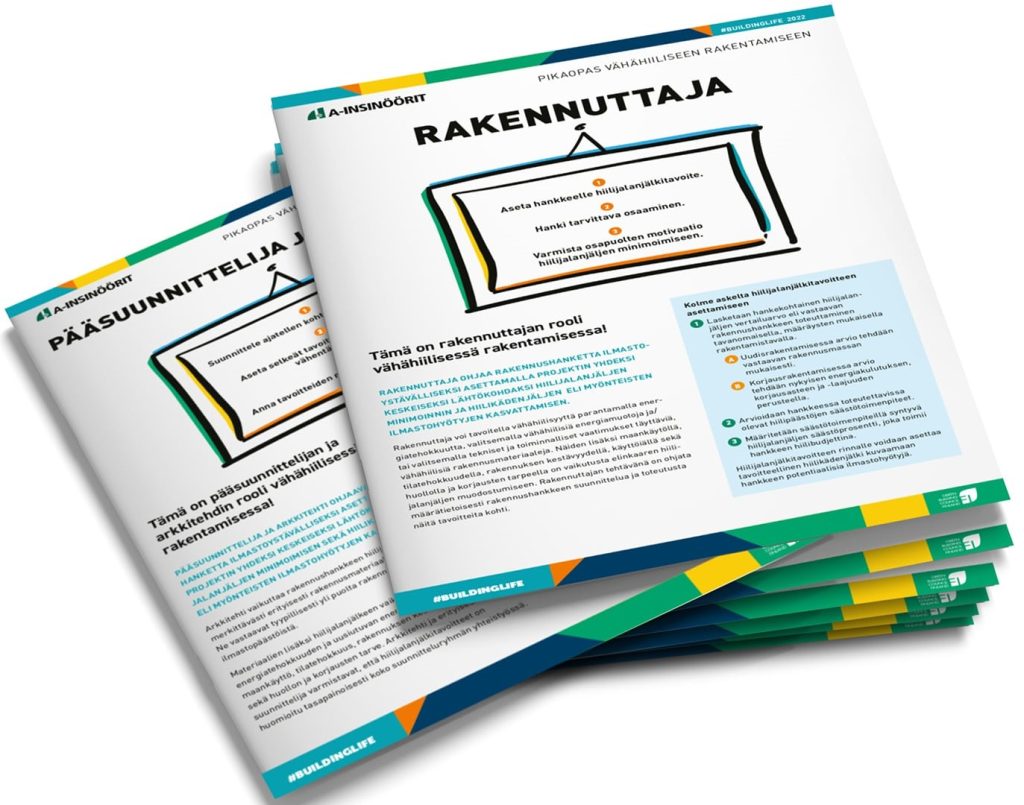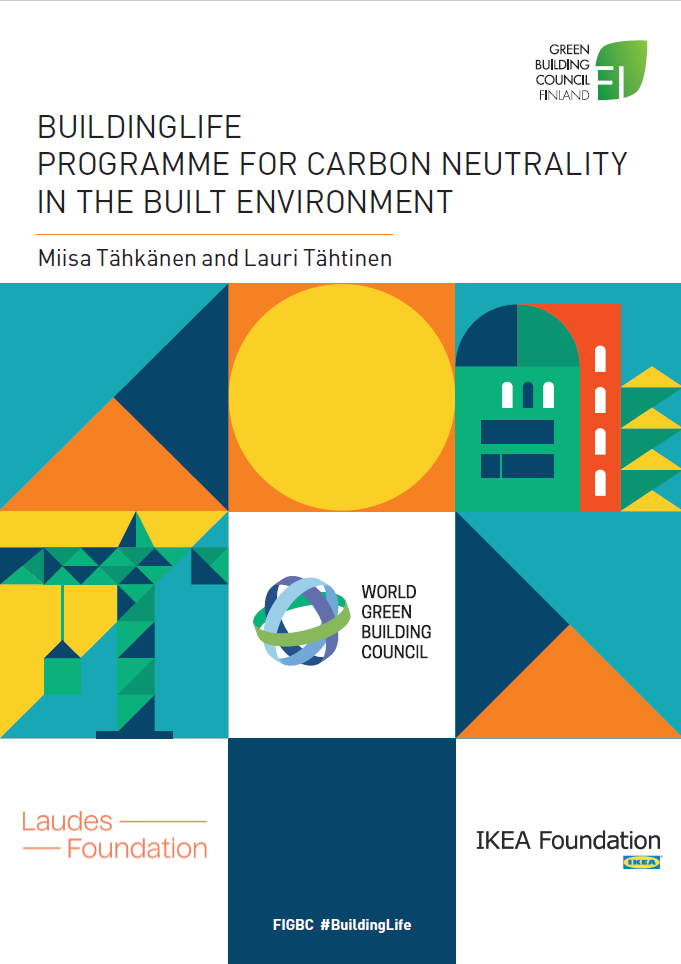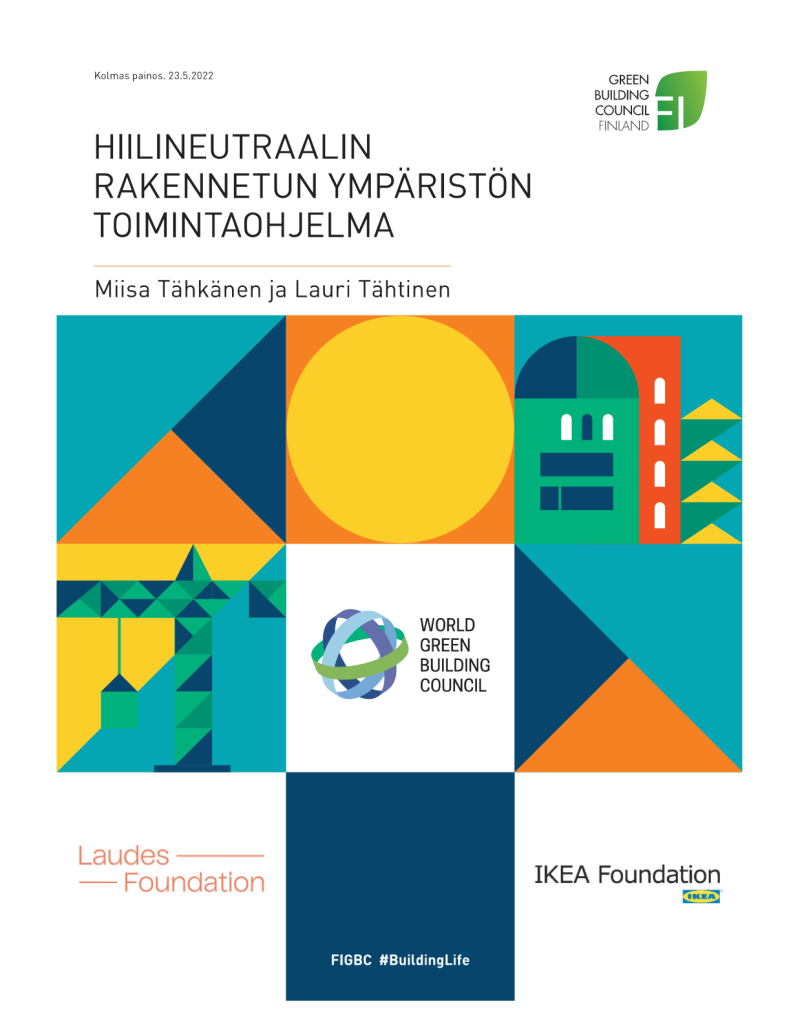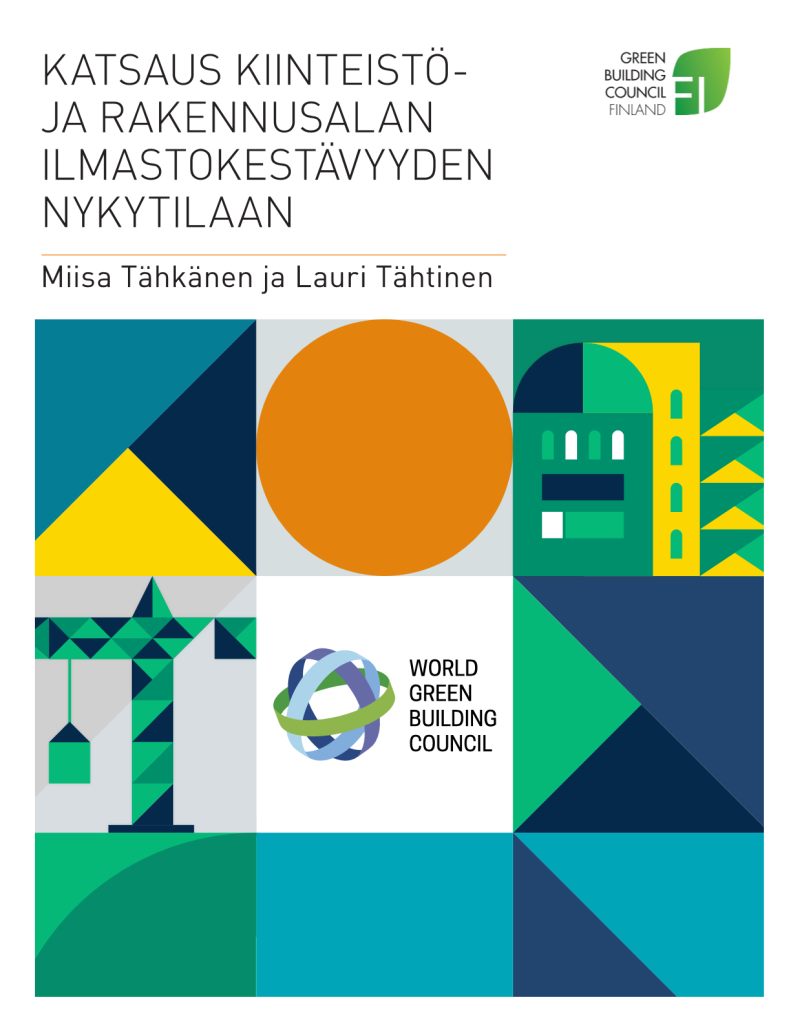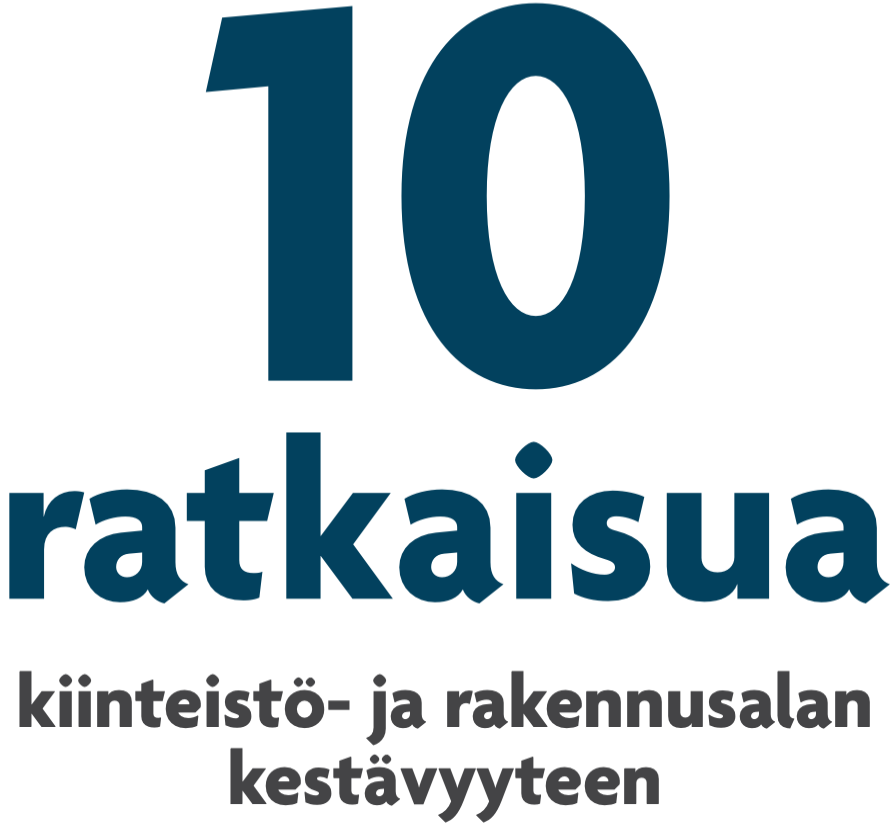The World Green Building Council (WorldGBC) has launched new factsheets to provide guidance and actions on two key measures introduced to the Energy Performance of Buildings Directive (EPBD) in May this year: Minimum Energy Performance Standards (MEPS) and Life Cycle Global Warming Potential (GWP).
MEPS are measures that aim to drive the renovation of Europe’s existing buildings, which the EPBD has introduced different approaches for non-residential and residential buildings – as set out in the factsheets. Life cycle GWP, sometimes referred to as whole life carbon (WLC), is an indicator that quantifies the global warming potential contributions of a building caused by carbon emissions along its full life cycle, including both operational and embodied emissions.
Member states have only two years to transpose these new EPBD measures within their own national frameworks. The factsheets give an overview of the measures and set out how these can be implemented in an easy-to-follow timeline of action points. They also include a simple checklist that shows the conditions that need to be met at the national level to be ready to fulfil the EPBD measures, alongside recommendations for national governments for regulations, information and incentives required for implementation.
WorldGBC will be working together with our Europe Regional Network of GBCs and partners to support national governments, EU policymakers, and the building and construction industry with the implementation of the EPDB. The factsheets form part of a wider toolkit, including case study reports and position papers related to the EPBD, which we will release in the coming months.
These tools support #BuildingLife, which aims to drive public and private sector action to tackle the whole life carbon impact of buildings and put sustainable buildings at the heart of a prosperous and equitable future for Europe.
